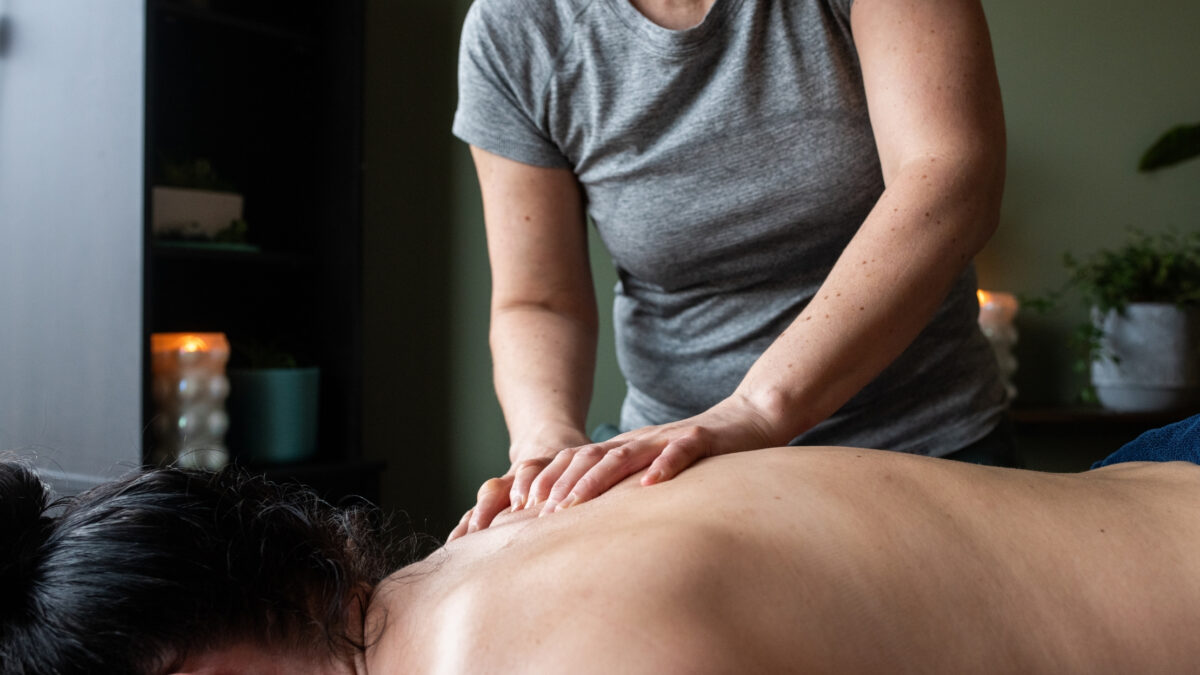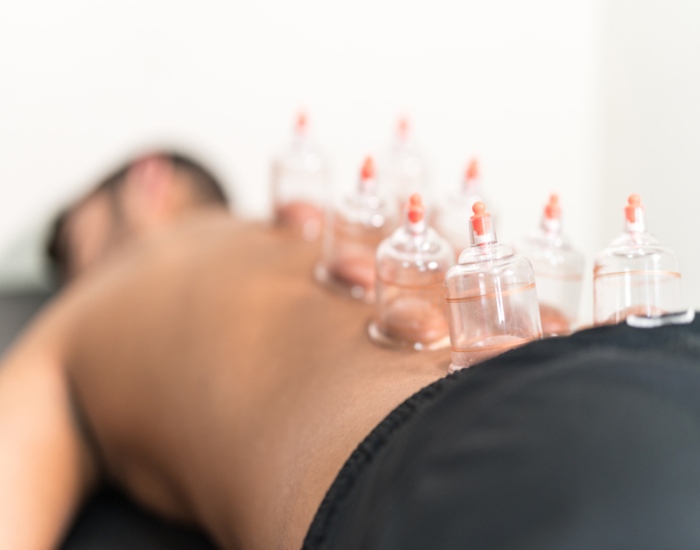Most people finish a deep tissue massage feeling totally relaxed and rested. The low lighting, soothing music, and aromatic lotions even put some people to sleep! So why do your muscles feel sore the next day, as if you did a strenuous workout? Does this mean your massage therapist did something wrong?
As long as the soreness is mild, only lasts a day, and doesn’t include any bruising, you can rest assured that your deep tissue massage went as planned. Tender muscles and soreness may not be your goal, but this is a natural, short-term effect many people experience after getting a much-needed therapeutic massage. Learn more about how deep tissue massages are performed and why it’s normal to feel sore afterward.
What to Expect During a Deep Tissue Massage
Some types of massage treatments, such as relaxation massage, focus on helping you rest and relax. However, deep tissue massage is more therapeutic, with the intent of realigning deeper layers of muscle and connective tissue for long-term healing, pain relief, and increased range of motion.
Deep tissue massage combines multiple techniques. Common deep-pressure methods include cross-fiber friction, trigger point therapy, and myofascial release. The therapist may even use their forearm or elbow to exert the most pressure possible. The goal is to stretch and lengthen muscles, release knotted areas, and break up adhesions between muscle fibers and connective tissues.
Because of the deep-pressure methods involved, getting a deep tissue massage can sometimes hurt. However, this should be a “good” hurt, similar to stretching when sore muscles. If you start feeling uncomfortable or hurting in a bad way during your massage, communicate with your therapist. Everyone has a different pressure tolerance, and your therapist won’t know you’re in pain unless you speak up.
Why Do You Feel Sore After a Deep Tissue Massage?
The soreness that often occurs after a deep tissue massage is a well-documented side effect. It’s easy to understand once you know what’s going on. Here are the most common reasons you feel sore after a massage:
- Massages are like a workout for your muscles: During a deep tissue massage, your muscles are stretched and manipulated much as they are during exercise. This may create post-massage soreness as waste metabolites and micro-tear by-products are released. While stretching and manipulating your muscles increases blood flow for long-term healing, it also causes tenderness the day after your massage.
- Your body goes into healing mode: In response to the stimulation your body receives during a massage, it begins to repair itself, boost circulation, and reduce inflammation. Therefore, it’s perfectly normal to feel out-of-whack the next day. As counter-intuitive as that may seem, this is a natural part of the healing process set in motion during your deep tissue massage.
- Your therapist applies too much pressure: If you have significant pain, soreness, and bruising that lasts for several days—not just mild tenderness for 24 hours—be sure to communicate this to your massage therapist at your next appointment. The applied pressure may have been beyond your tolerance level, and you can request a lighter touch next time.
After-Care Tips to Reduce Post-Massage Soreness
There are several things you can do to help you feel less sore after a deep tissue massage:
- Drink water: Hydration makes your muscles more pliable, so drink plenty of water before your massage treatment to decrease soreness afterward. Then, continue drinking water immediately following your appointment to flush out the toxins released from your muscles during the massage.
- Give yourself some downtime: Don’t exercise or run errands right after a deep tissue massage. By allowing yourself to rest, you give your nervous system time to integrate more effectively to the changes your body has undergone, thus reducing your soreness.
- Take a hot bath: You may find it comforting to soak in a hot bath that evening. Adding Epsom salt to the water can further enhance feelings of rest and relaxation.
- Stretch: Do some gentle stretching before bed, giving extra attention to the trouble spots that received the most attention during your massage.
- Schedule massages regularly: Make deep tissue massage a regular part of your health and wellness routine, and next-day soreness will diminish.
For high-quality massage therapy in Sherwood Park, turn to All Deep Massage & Wellness Clinic. Since 2007, we have promoted the health and well-being of our clients through a range of therapeutic treatments, including deep tissue massage. Our clinic has a warm and inviting atmosphere conducive to relaxation and healing. If you’re ready to experience the renewal and rejuvenation that a professional massage can provide, please contact us today at 780-416-0659, or book your next appointment online.



